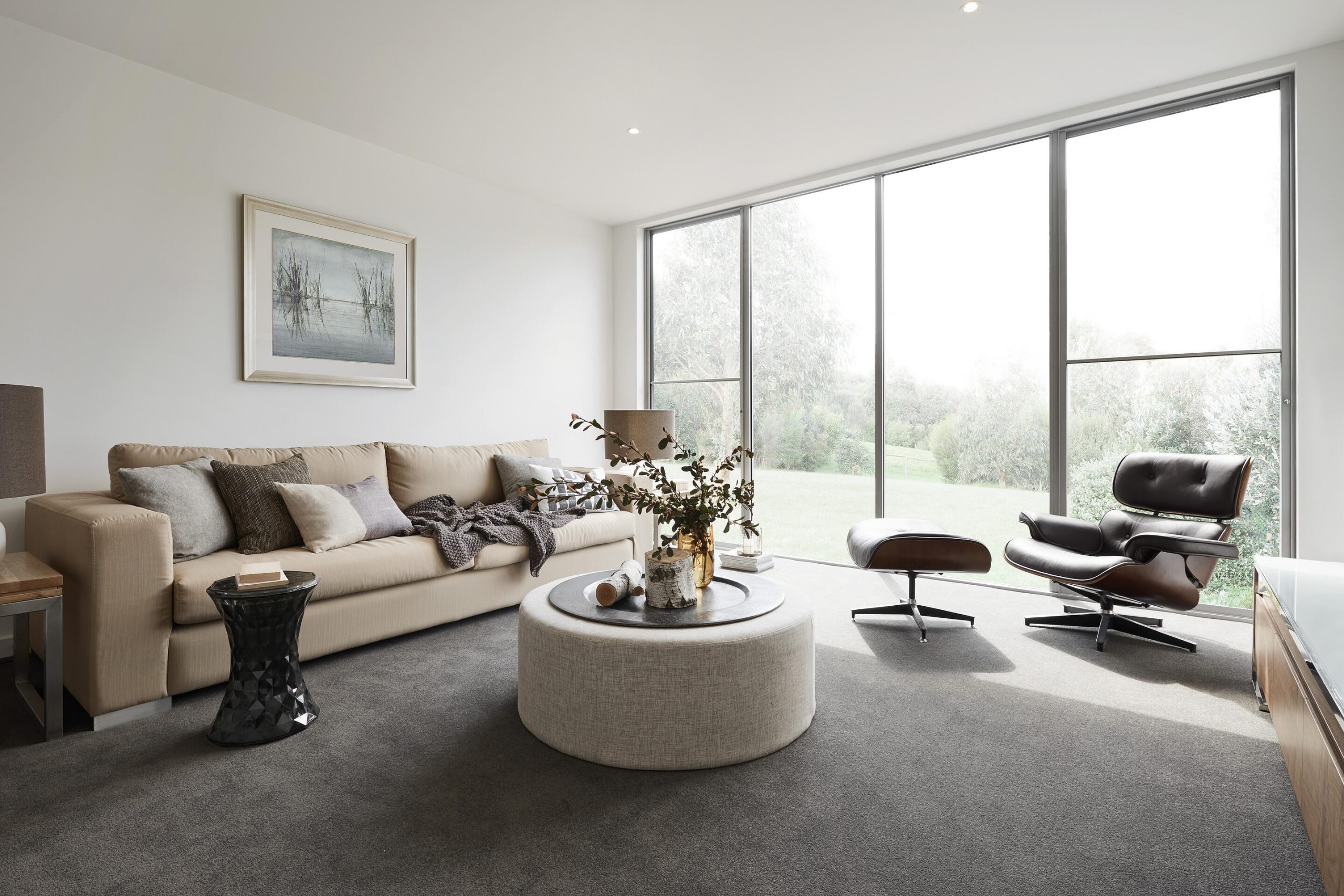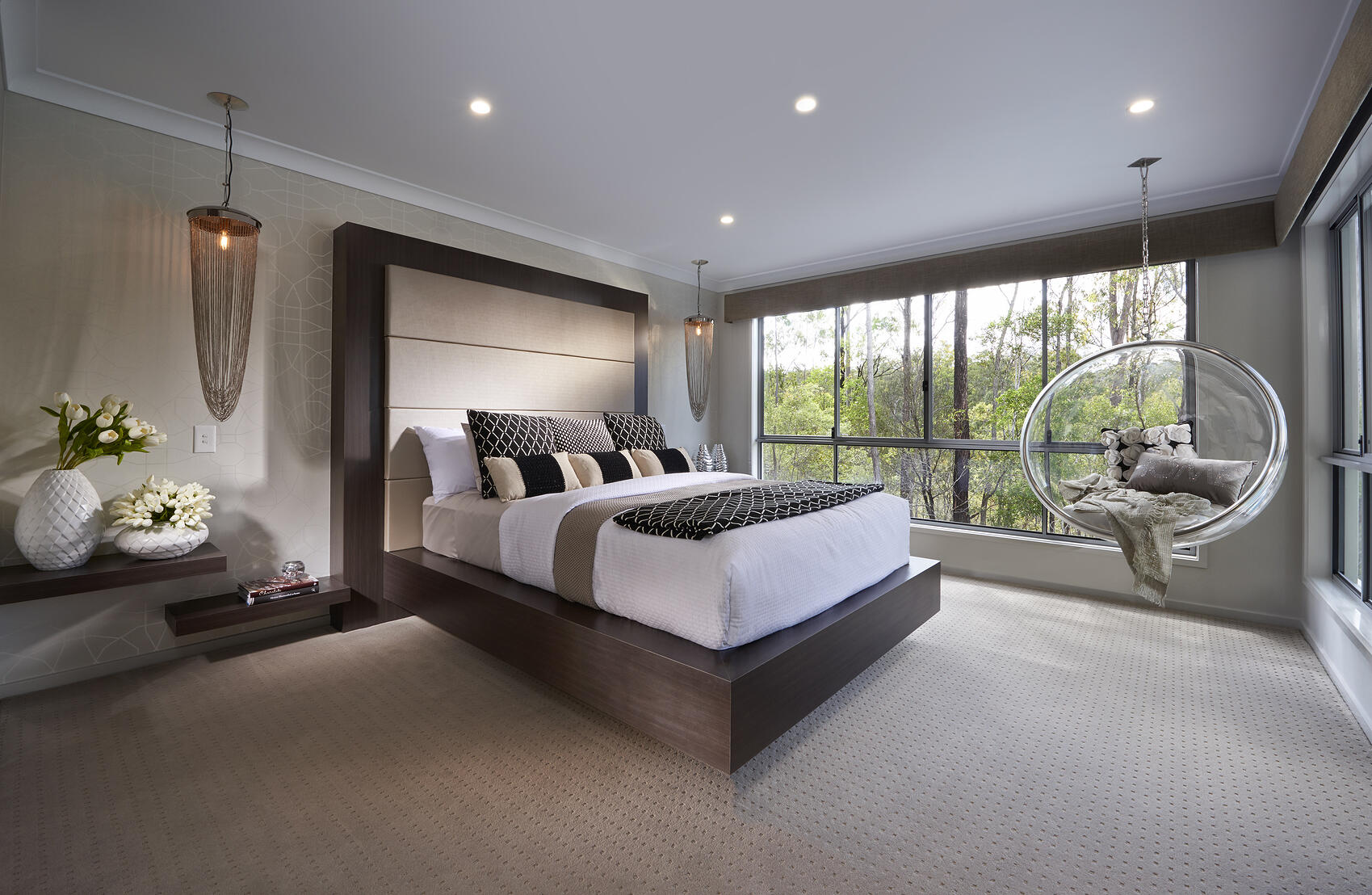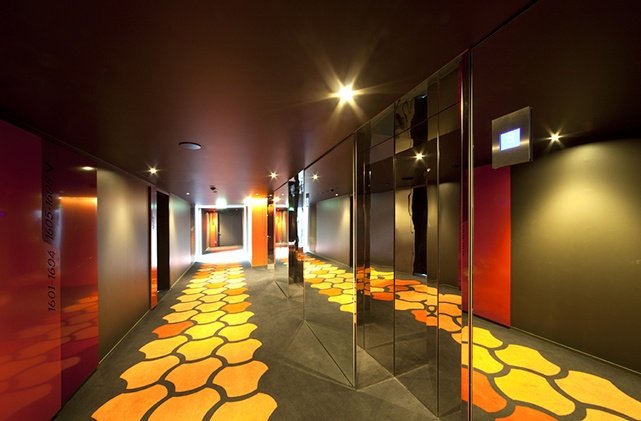Living the quiet life is not something everyone aspires to ” except when it comes to their home. A quiet home is a calm and comfortable home. The building materials you choose for your home can make all the difference to its acoustic comfort, so if you’re planning to build a new home or renovate and extend, an important issue to discuss with your architect and builder is soundproofing. In modern cities, there are external noise issues such as aircraft and traffic noise to block out in order to create a peaceful and quiet living space. Just as importantly, internal noise transference issues are often neglected at the design stage to many homeowners’ later regret.
“Homeowners who have recently moved into their modern dream home with lots of glass and hard flooring call me and say ‘Help! We can’t stand the noise’,” says acoustic consultant David Spargo of Praxis Acoustics. “What they are talking about is not actually noise, but reverberation from normal household activity bouncing off all the hard surfaces and making living in the home uncomfortable.” Installing acoustic ceilings and adding carpet and more soft furnishings can help fix the issue, advises Spargo, but it’s much better to incorporate soundproofing at the design stage.

Design by Carter Grange
Normal stud partition walls allow a lot of noise transference between rooms even if they are insulated, adds Spargo, who advises that a better solution to noise reduction is a double stud wall or discontinous structure where the two sides of the wall are not connected in any way. If you’re building with Hebel, the CSR System Specification Finder gives you a range of system options which can be downloaded from the internet and includes full drawings, documentation and performance data for this type of construction. You can show this to your architect and builder and discuss any additional costs involved early in the design process.
“We do a lot of work in Sydney’s Inner West,”” says architect Danny Broe, “where external noise from aircraft and traffic can be a huge problem. A building product such as Hebel has excellent acoustic properties. However, it’s important to keep in mind that noise can sneak in through the smallest of gaps so these need to be avoided.” Broe further advises that any new building work should be fully insulated, with high quality double glazed windows and doors that are fully sealed for a super quiet house. The right roofing material can also make a big difference, as well as flooring on upper levels.

Design by Stylemaster Homes
“In double-storey terraces, noise transference from upper floors can also be a problem,”” says Broe. “Hebel’s PowerFloor product is easy to install and has excellent acoustic properties to prevent this.” The Hebel PowerFloor system delivers the solid feel of a concrete floor at a lower cost. The 75mm steel-reinforced concrete panels are installed over steel or timber joists to provide an outstanding flooring solution for suspended ground floors or mid-floors with excellent thermal and acoustic performance.
In Melbourne, Maison Co specialises in the design of new build duplexes and dual occupancy developments where party walls can cause privacy issues if the wrong building product is used. Says Director Jim Giamarelos “We specify Hebel PowerPanel for party walls as it has fantastic acoustic properties, and often for partition walls as well to provide optimal privacy and acoustic performance.”
To ensure your home will be whisper-quiet and comfortable, be sure to discuss soundproofing issues with your architect and builder early in the planning and budgeting phase of your project.
To find your nearest CSR Hebel associated Architect or Designer click below


